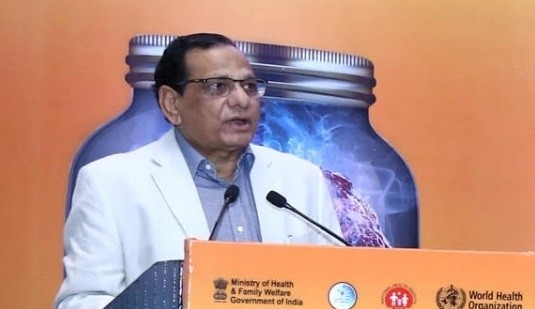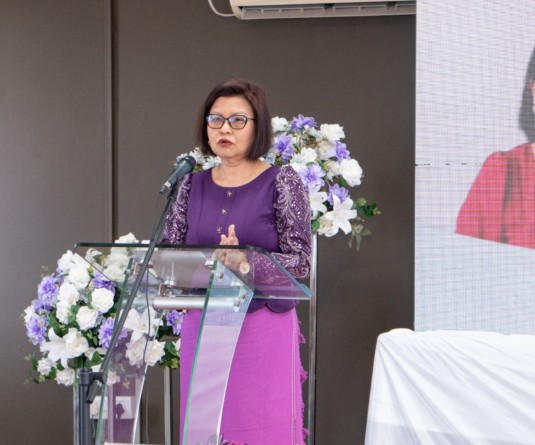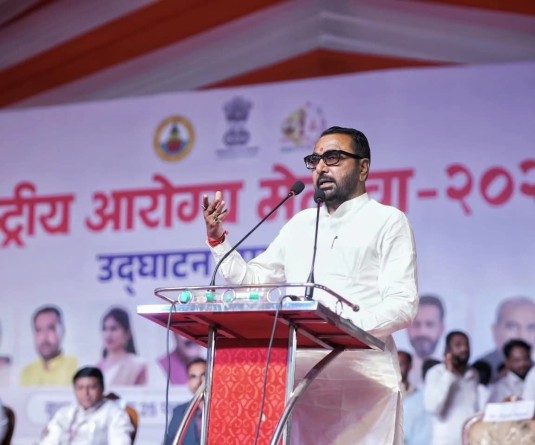Dr VK Paul. (IANS Photo)

New Delhi, September 6 (IANS): A strong primary healthcare system can reduce the burden in later ages and digital solutions should be within the reach of people living in rural, remote and hilly areas, Dr VK Paul, Member (Health), NITI Aayog, said on Friday.
Speaking at a conference here, Dr Paul highlighted that transformative changes are taking place across the health sector in India.
“We should create new technologies like robotics and AI but in a way that it does not increase the digital divide, and can be easily used by those who are not digitally literate,” he told the gathering.
“We need to also ensure that digital solutions are within the ambit of rights and promote inclusivity, protection of human rights and further democratisation -- with attention to protect the beneficiaries from cyber fraud,” he emphasised.
Digital solutions should promote or create an ecosystem of ease of living and not make it more complex for people. These must enhance quality of life, embrace wellbeing, include traditional knowledge, and accelerate our healthcare actions, according to Dr Paul.
Health Secretary Apurva Chandra said that one of the goals of national digital mission is to increase the reach of healthcare services and reduce the disparity between rural and urban areas.
He highlighted the success of CoWIN and Aarogya Setu app which helped in delivering more than 220 crore vaccinations across the country.
“The government wants to replicate the same model through the Ayushman Bharat Digital Mission, a flagship scheme of the government,” said Chandra, informing about the upcoming launch of U-Win portal later this month which will keep a permanent digital record of vaccination and medicines of more than 3 crore pregnant women and mothers and almost 2.7 crore children born annually.
Bharat Lal, Secretary General, National Human Rights Commission (NHRC), said that healthcare is a basic human right and without good health, the full potential of a human being cannot be realised.
He highlighted that the scope of NHRC has increased from economic to the domain of socio-cultural sectors and since the health sector impacts everyone, it is currently engaged in this sector as well.






